Essential projects include:
- those to create or repurpose facilities which will be used directly in Covid-19 related activities
- projects to create or repurpose facilities which will be used to accommodate key workers, or free up space in facilities to be used directly in Covid-19 related activities
- projects which are considered essential public services
- the repair and maintenance of critical infrastructure
The latest guidance also states that any project deemed essential can only continue operating if it can comply with guidance on social distancing, safety and welfare.
Economy Secretary Fiona Hyslop said: “We recognise that this is an extremely difficult time for businesses of all kinds, but the Scottish Government’s priority is saving lives and fighting Covid-19.
“To this end, all construction sites should close unless they are essential to the health and welfare of the country during this crisis.
“I want to make clear our thanks to the construction workers who are continuing to work on these essential projects.
“This guidance offers clear and comprehensive advice on how the industry should respond in these unprecedented and difficult times. I am grateful to the STUC, Unite the Union and Construction Scotland for their input.
“In this public health emergency it is vital that all businesses act responsibly and align fully with the social distancing measures introduced to protect the nation’s heath, well-being and economic future.”
Non essential sites where work should stop include:
- domestic housing
- schools, further and higher education institutions and early years provision
- office buildings and other commercial properties
- leisure
- retail
- warehousing
- garages and showrooms
- ecclesiastical
- community centres
- non-health related civic buildings
- public realm – hard and soft including (but not limited to) roads, which includes footpaths, footways, cycle lanes and verges; pavements; parks; and grassy areas
- justice and custodial
Essential Projects which can continue
The following examples of ‘essential’ projects are provided to help developers’ consideration of whether work should continue on their site:
Health sector
Edinburgh Children’s Hospital and Department of Clinical Neurosciences
These are major developments which while not directly contributing to the COVID-19 situation at this point, could provide additional capacity if the situation changes.
Children’s Hospital in Glasgow: refurbishment of wards 2A and 2B
Work is underway on essential water and drainage issues in the two paediatric cancer wards at the Royal Hospital for Children. The nature of the patient cohort using these wards gives these works the designation of essential.
Essential and time-critical maintenance
There are a range of small-scale projects around essential maintenance and repairs, that need to be delivered to secure sustainable and resilient services.
Bearing in mind the broad principles outlined here, we expect NHS Boards to make decisions on individual sites and projects in conjunction with the contractor/s.
Transport sector
Operation and essential maintenance of the transport network
The safe and effective operation of transport network is essential to the national response to COVID-19. There are a number of smaller scale projects that are required to be delivered which are essential and time-critical for the safe and effective operation of the road and rail network in Scotland. Works include essential road and rail repairs, essential structure repairs and ongoing safety monitoring of the networks. In addition, essential winter maintenance activities will continue as required along with incident responses required to keep the critical transport network open.
Road works and works for roads purposes
Works as defined in the New Roads and Street Works Act 1991 includes a subset of works which are vital for the wellbeing of society. The continued provision of essential utility services, energy, telecoms, water (including sewerage) within an effectively operating road network is vital during this period. Where works fall within the existing emergency and urgent works categories, and where the requirements on social distancing can be met, these are considered essential. Other planned works including proposed upgrades or non-critical rehabilitation schemes should not be undertaken during this period.
Essential and time-critical maintenance and repairs
Projects that ensure such facilities continue to function safely, and maintain essential levels of utility for their users are also considered essential in this context.
Where projects can be safely concluded at a later point they should be.
Essential projects include:
- operation and essential maintenance of elements of national public, private and business infrastructure which are essential for the containment and treatment of the virus and the distribution of food, essential supplies, utilities and communications to households
- the essential repair or maintenance or operation of critical infrastructure including: energy (electricity and gas) generation, transmission (including distribution) and supply; water treatment and networks; and telecom/broadband networks. These works will be required to ensure near-term network security
- the essential repair or maintenance of oil and gas CNI, including that equipment that is required for the repair and maintenance, for ongoing safe production operations to ensure fuel resilience and security of supply
- the essential maintenance of facilities being used to deliver essential services or manufacture and deliver essential goods
- the essential maintenance and repair (but not improvement) of buildings including private homes and commercial properties. Routine maintenance should be deferred.
However, any such project can only continue operating if it can comply with the guidance on the safety and welfare of people.
Any site unable to meet these requirements must cease operations.













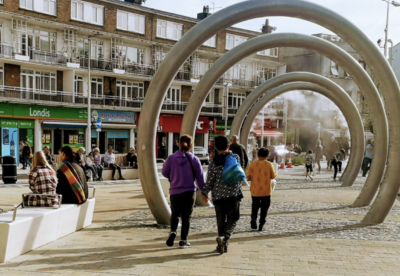

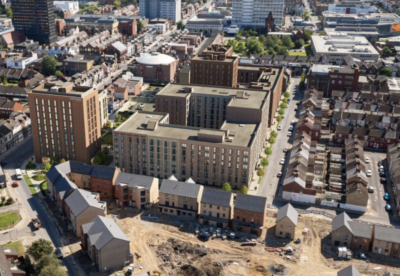


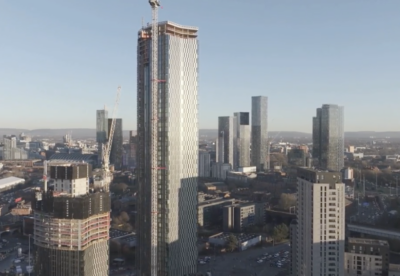
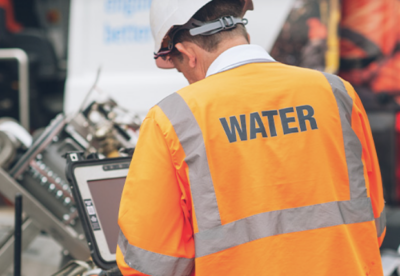



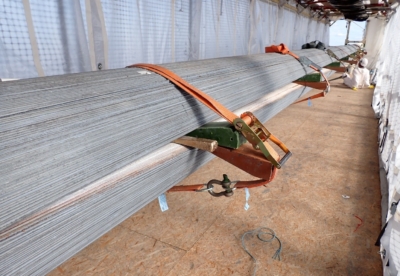

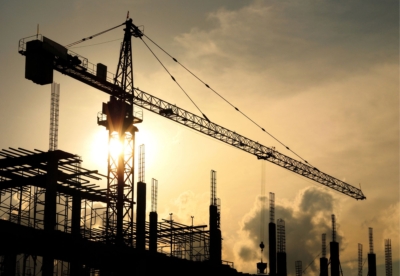
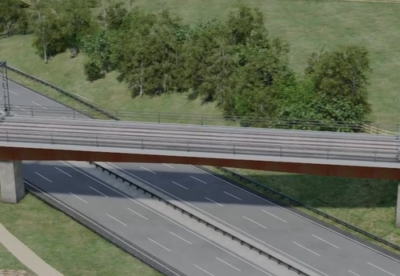


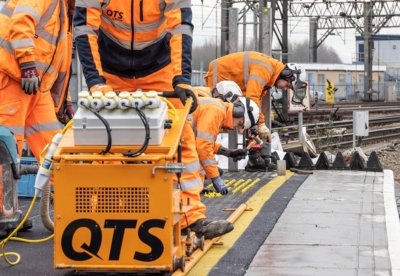

























 (300 x 250 px).jpg)